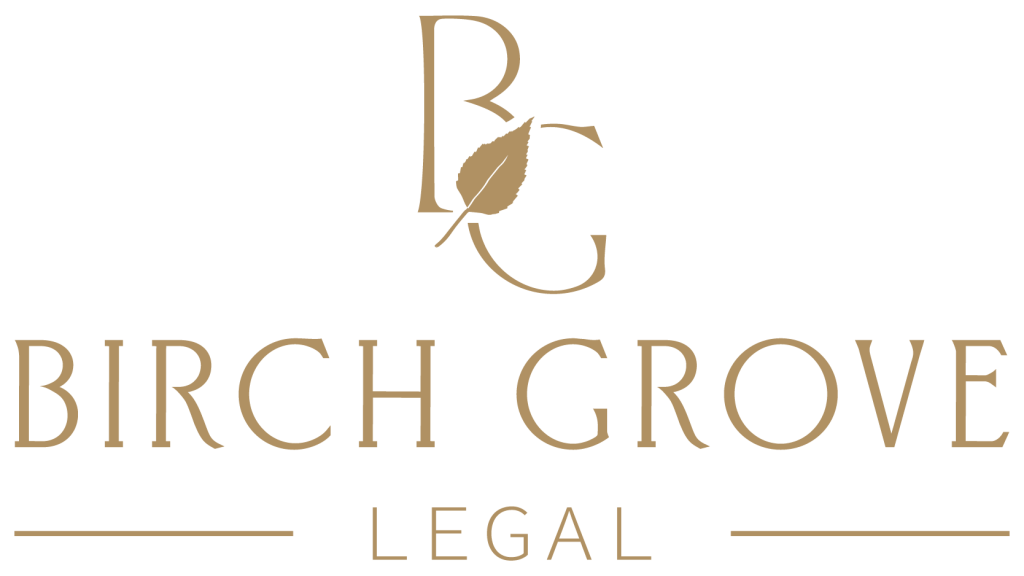When someone passes, everything already feels heavy enough. The last thing anyone wants is to deal with court forms, legal deadlines, or waiting months just to access what your loved one wants you to have.
Probate can make a hard time even harder. It can slow everything down and create stress, confusion, or tension between family members when what you really need is space to heal.
Asking how to avoid probate in Colorado is really about making sure things stay organized and manageable for the people who are left to take care of things.
Over the years, I’ve helped Colorado residents set things up in a way that keeps the process calm and manageable. In this guide, we’ll go over what actually works to avoid probate and make things smoother later on.
Understanding Probate in Colorado

Probate is the legal process the court uses to transfer assets after someone passes. In Colorado, this can take the form of informal, formal, or small-estate probate, depending on the complexity of the estate. Even though Colorado follows the Uniform Probate Code, the process still involves paperwork, deadlines, and court oversight.
Why Many People Want to Avoid Probate
Here’s what probate can bring:
- Costs: Filing fees, appraisal fees, and attorney fees can take a noticeable portion of the estate.
- Time: Probate commonly lasts 9–24 months in Colorado.
- Public Records: Anyone can review the estate’s details once filed.
- Stress: Disagreements, confusion, and delays often arise during the Probate process.
Primary Ways to Avoid Probate in Colorado

Colorado offers several tools that let assets transfer directly without going through probate. The key is choosing the right combination and making sure everything is set up correctly.
1. Revocable Living Trusts
A revocable living trust lets you place assets in a trust while you’re alive and name who receives them after you pass. Because the trust owns the assets, not the individual, the transfer happens without court involvement.
Why people use living trusts:
- Assets transfer faster.
- No public record of the estate.
- The plan can be updated at any time.
- Works well for real estate, financial accounts, and personal property.
2. Transfer-on-Death (TOD) / Beneficiary Deeds for Real Estate
Colorado allows you to record a beneficiary deed that names who will receive the property after your passing. You keep full ownership and control while you’re alive. According to the American Bar Association, a Transfer-on-Death deed does not give the beneficiary any ownership rights until death, and it can be changed or revoked at any time.
When you pass, the property transfers directly to the named beneficiary, no probate. This is a good option for people who own real estate and don’t want to create a full trust.
3. Payable-on-Death (POD) and Beneficiary Designations
Most banks, investment accounts, and retirement accounts allow you to name a beneficiary. When you pass, those accounts transfer directly to the person listed. This costs nothing to set up and is one of the simplest probate avoidance tools.
4. Joint Ownership With Right of Survivorship
If property is titled jointly with right of survivorship, it automatically transfers to the surviving owner when one person passes. However, joint ownership can cause issues like loss of control, exposure to the co-owner’s debt, or tax complications. It’s useful in some cases, but not always the best first choice.
5. Small Estate Affidavit (for Estates Under $82,000)
If the estate is valued under $82,000 and doesn’t include real estate, Colorado allows heirs to use a small estate affidavit. This avoids the court entirely and is often the quickest option.
Common Mistakes That Lead to Probate

A plan can look “done” on paper but still result in probate if key steps are missed.
Common issues include:
- Setting up a trust but not funding it.
- Not updating beneficiaries after marriage, divorce, or death.
- Recording a TOD or beneficiary deed incorrectly.
- Mixing assets between individual ownership and trust ownership.
- Not planning for digital assets like online accounts or cryptocurrency.
Avoiding probate is less about having documents and more about making sure the documents match the way the assets are actually titled.
How to Put an Effective Probate-Avoidance Plan in Place

Avoiding probate requires more than paperwork. The documents, asset titles, and beneficiary instructions all need to work together and stay updated as things change. Here are some ways to set that up effectively.
1. Work With an Estate Planning Attorney Who Knows Colorado Law
Colorado has specific law and rules around trusts, deeds, and how assets transfer. Working with an attorney who focuses on estate planning helps prevent small mistakes that can accidentally trigger probate later.
They can draft the documents correctly, ensure account titles match your plan, and help you avoid tax or ownership problems that might not show up until years later.
2. Use a Combination of Tools
Most effective plans don’t rely on just one document. A common approach is to place real estate and major assets into a revocable living trust, then use POD or TOD beneficiaries for financial accounts.
A simple will serves as a backup for anything not already transferred. This keeps the structure organized and reduces the chance of assets falling into probate by accident.
3. Fund the Trust Properly
If you create a trust, it must be funded to work. That means transferring ownership of real estate, bank accounts, investment accounts, and other assets into the trust’s name while you are alive. A trust that isn’t funded still goes through probate, so the transfer step is essential.
4. Keep Beneficiary Designations Updated
Beneficiary forms don’t update automatically. Marriage, divorce, new children, or changing relationships can shift who you want to inherit. Reviewing your bank accounts, retirement plans, life insurance, and POD or TOD designations every so often helps prevent confusion or delays during the transfer.
5. Include Digital and Online Accounts
Digital assets now play a major role. Email, financial logins, subscription platforms, cryptocurrency, cloud storage, and business accounts often require specific authorization for access. Documenting how to access these accounts and storing those instructions somewhere secure, but known, is key to avoiding complications.
When Probate Can Actually Be Helpful

Avoiding Colorado probate is usually ideal. But there are a few situations where it can provide support:
- When there is conflict in the family and a neutral court needs to oversee decisions.
- When there are debts, the estate needs to settle formally.
- When ownership is unclear, especially with inherited real estate or blended family situations.
Probate can provide structure when the situation is complicated. The goal isn’t to avoid probate at all costs, it’s to avoid it when the estate would be simpler without it.
Avoiding Probate With the Right Plan
Probate can take time, add costs, and create stress during a period that’s already difficult. The good news is that Colorado allows several ways to keep estate matters private and straightforward, as long as the documents, titles, and beneficiary designations are properly aligned.
By setting up a revocable living trust, updating beneficiary forms, and keeping your records current, assets can transfer smoothly without court involvement. The goal is clarity: a plan that is simple to follow when it’s needed.
If you’d like guidance in creating a plan that avoids probate and keeps things organized, book a strategy call to get started!
Frequently Asked Questions
Does a Will Avoid Probate in Colorado?
No. A will still goes through probate in Colorado. A will provides information and instructions, but the court must validate it, appoint a personal representative, and oversee the process. To avoid probate, assets need to transfer through a trust, beneficiary designations, or other probate-avoidance tools.
How Long Do You Have to File a Probate After Someone Passes?
You have up to three years after death to file a probate. Waiting too long can create legal issues or delays, so most families file within the first few months to keep the process manageable and clear.
What Assets Cannot Go Into a Living Trust?
Retirement accounts like IRAs and 401(k)s usually stay outside the trust due to tax rules. Instead of retitling these accounts, you update the beneficiary form directly. An estate attorney or advisor can help confirm the correct approach for your situation.
Can a Beneficiary Deed Be Challenged?
Yes, though it’s uncommon. A beneficiary deed can be challenged if there are concerns about fraud, pressure, or





0 Comments